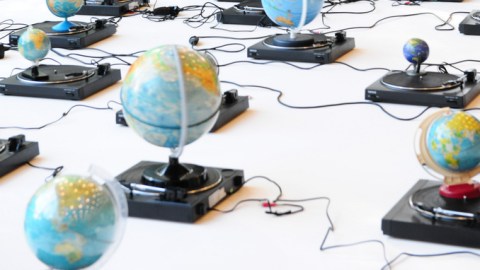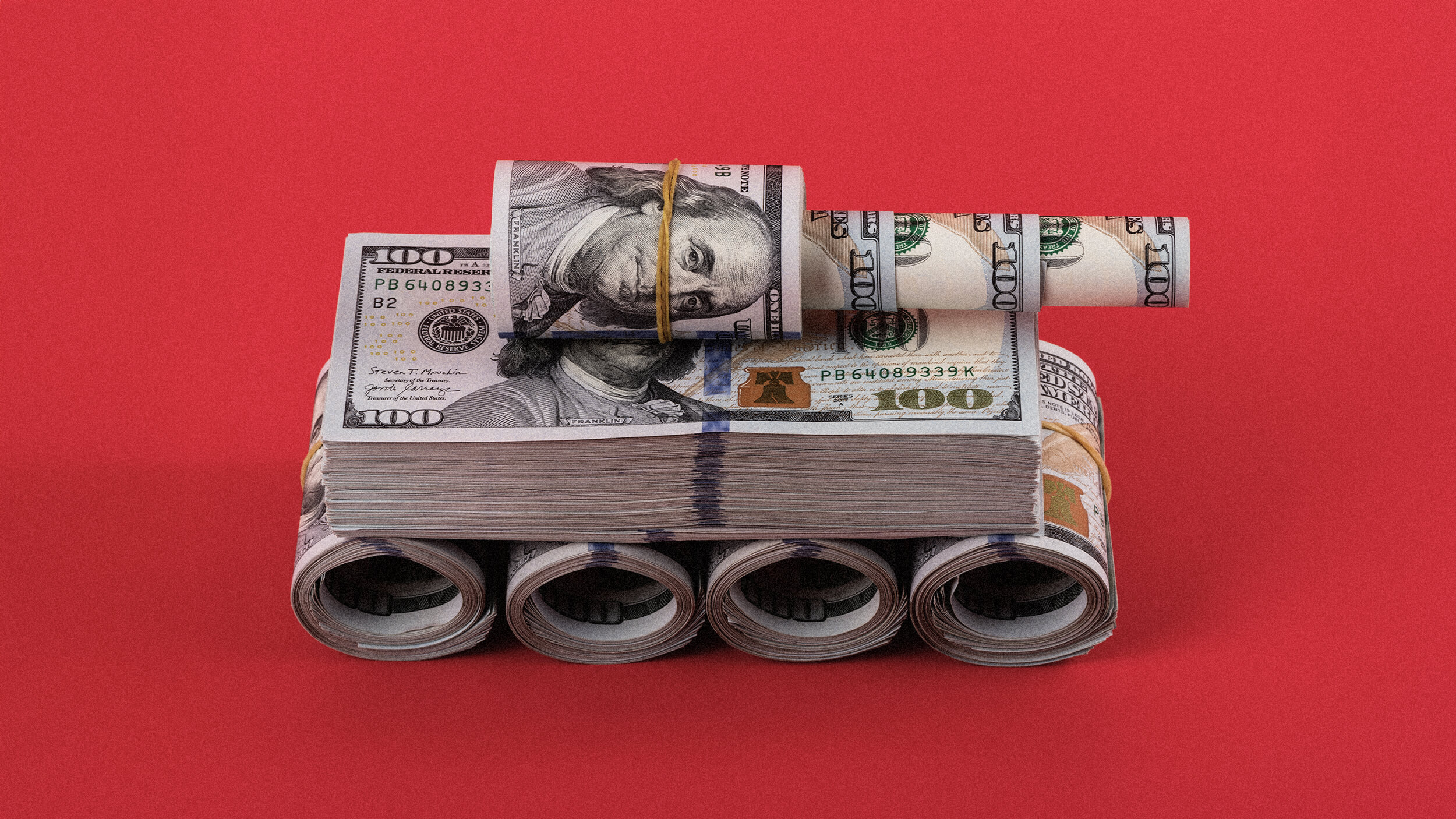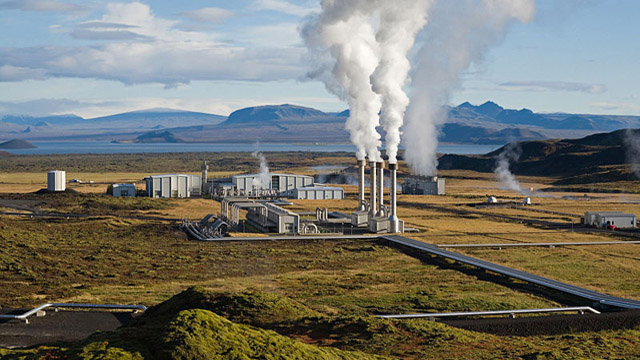Why the WTO Is Obsolete

This week the World Trade Organization meets in Geneva to try and revive the Doha Development Round of negotiations. Delegates from more than 150 countries will be trying to lower trade barriers, promote commerce, and give the global economy a much-needed jolt. But Daniel Altman, author of “Outrageous Fortunes: The Twelve Surprising Trends That Will Reshape the Global Economy,” thinks the talks may have outlived their usefulness. We sat down with him to discuss the future of global trade.
Big Think: What is the WTO trying to achieve with the Doha round?
Daniel Altman: The Doha round was launched almost ten years ago, mostly at the instigation of rich countries, to deepen the involvement of poorer countries in the global trading system. Earlier talks were dominated by the Quad – the United States, the European Union, Japan, and Canada – who basically tried to impose backroom deals on the rest of the world. As developing countries became bigger traders, it was clear that the old way of doing business wouldn’t fly. To get them back to the bargaining table, the wealthy countries had to offer something more: a new round of talks that would use trade as a tool to help developing countries grow.
BT: Why have the talks dragged on for a decade without a deal?
DA: Despite the show of goodwill at the launch of negotiations in Doha in 2001, neither rich nor poor countries have shown much willingness to compromise. Rich countries want unfettered access to poor countries’ markets, which are often heavily protected by tariffs, but they don’t want to give up all the protections for their own goods and services. Poor countries don’t feel like they’re getting enough in return for opening their doors, so they’re reluctant to make a deal.
BT: Who are the major players this time around? Who’s standing in the way?
DA: The Quad has been replaced by the “Five Interested Parties”: the United States, the European Union, Australia, Brazil, and India. Australia is there to stand up for countries that rely on agriculture for a big share of their exports, and Brazil and India are supposed to represent developing countries. India has often been the hardest country to please – it wants special protection for intellectual property and is loath to open its markets for manufactured goods – but other countries including Argentina, China, Saudi Arabia, and South Africa have been called obstacles, too. The United States and the European Union have also been chided for taking stingy bargaining positions not in keeping with the spirit of the talks, especially on agricultural markets. They’ve sweetened their proposals, though, as the talks have continued.
BT: So what’s the likely outcome here?
DA: There will either be a relatively minor deal or no deal at all. I think we’ll be lucky if any deal unlocks even $50 billion in additional economic growth. That’s less than one tenth of one percent of the world’s annual output.
BT: Where does the deadlock leave global trade, then?
DA: It could be for the best. Already, we’ve seen rich and poor countries shifting their attention to regional trade deals. Diverse groups of countries can do a lot by trading amongst themselves, exploiting differences in costs, resources, and technologies. Pretty soon, we should see a few large regional blocs dominating global trade. The ones that lower trade barriers faster will grow faster, too. In these cases, the poorer countries would be expected to catch up to the richer ones. When that happens, the wealthier blocs will start to look at the blocs that lagged behind for new trading relationships, and the barriers will start to fall between the blocs. In the end, we’ll have something very close to a global trade deal – and we will have arrived at that deal in a much more organic, economically efficient way.
BT: Won’t the rich countries try to salvage the WTO, since they’re the ones who set it up?
DA: I don’t think so. They used to be able to dominate the WTO, particularly the dispute-settlement arm that decides on penalties for breaking the organization’s rules. Now the tables are turning; developing countries are leveling the playing field, in part because of training that the WTO supplied to their officials. It’s not fun anymore for the rich countries; they’re getting ready to pick up their toys and go home.
BT: Okay, so give us the bottom line here.
DA: The WTO has outlived its usefulness as a setting for trade negotiations. It can still be a good place to resolve disputes (though this can take years) and share ideas, but most countries would be better off choosing their own trading partners and lowering trade barriers at their own pace. In the long run, this dynamic approach will lead to freer trade, faster economic growth, and higher living standards around the world.



